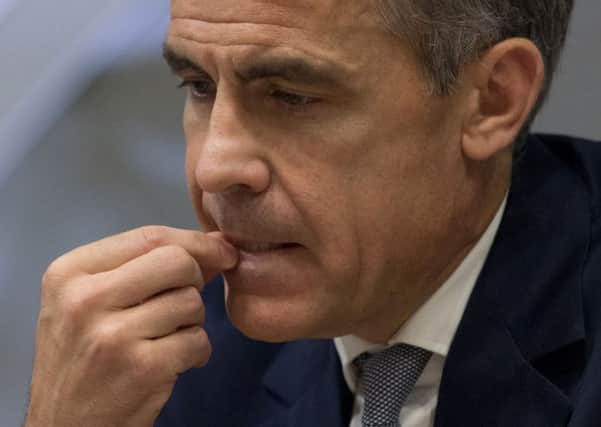Martin Flanagan: QE more relevant than rate cut


And, in truth, one wonders whether the 0.25 per cent cut in rates is as much a public relations exercise as any attempt to stiffen the backbone of a decelerating economy.
After all, rates were already at historical lows of 0.5 per cent, creating benign conditions for people to take out loans. A quarter-point move is therefore not a game-changer of any sort.
Advertisement
Hide AdAdvertisement
Hide AdAny household or small or medium-sized business weighing up taking out a loan – and thereby keeping the wheels of the economy turning – are not going to be swayed by a cut of 0.25 per cent.
With rates in the Deep South already, individuals or SMEs would have pressed the capital-raising button already if they were minded to.
And it has been estimated that five out of six mortgage borrowers in the UK will see no benefit from the latest cut.
Meanwhile, businesses cautious on investment are not so because of where interest rates are, but as a result of uncertainty arising from the UK referendum vote to leave the EU.
And that uncertainty will not be dissipated by incremental monetary tinkering. So has the Bank of England moved, even sub-consciously, because it must be seen to be “doing something” in the wake of the shock to the system that is Brexit?
Admittedly, pressures have risen on the Bank to pull some levers, even if no rabbit out of the hat, in the wake of a slew of data that shows UK economic growth is slowing sharply. Services, manufacturing and construction have all been noticeably hit, rasing echoes of the last recession.
In that context, much more meaningful is the BoE’s other action yesterday in expanding its pump-priming £375 billion quantitative easing (QE) programme by £60bn to £435bn – the first QE increase since 2012.
It is also buying £10bn of corporate debt and announced a new scheme worth up to £100bn to encourage banks to lend to households and businesses.
Perhaps the best course of action may have been for the Bank to press the button on that big-picture stuff, but leave the almost red herring of interest rates where they were.
